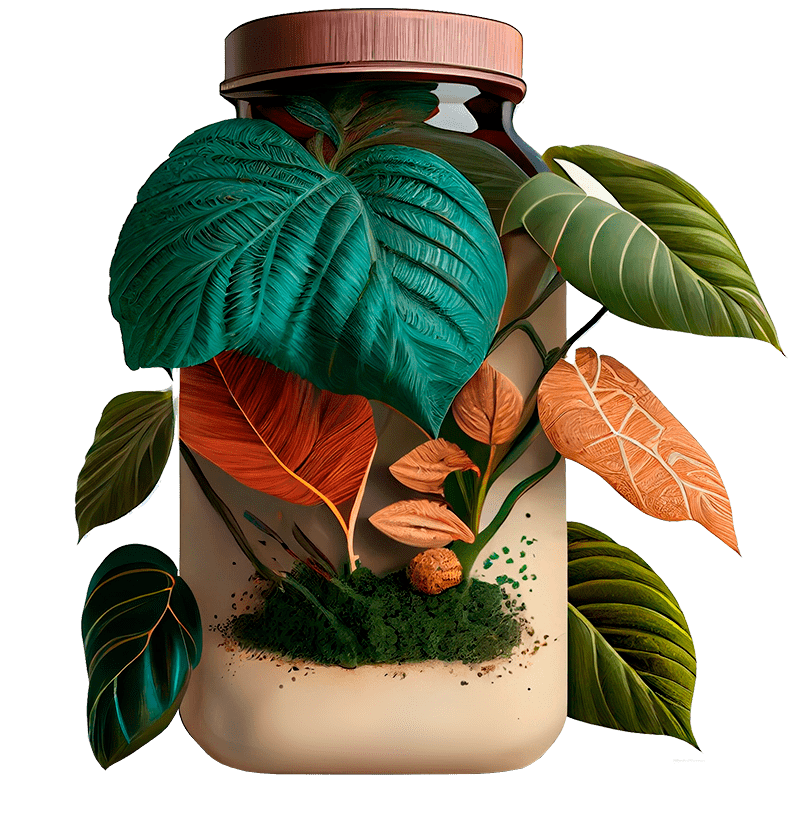- +1-904-595-5786
- +1-904-595-5786

Organic products
Lorem fistrum por la gloria de mi madre esse jarl aliqua llevame al sircoo. De la pradera ullamco qué dise usteer está la cosa muy malar.
Certified products
Lorem fistrum por la gloria de mi madre esse jarl aliqua llevame al sircoo. De la pradera ullamco qué dise usteer está la cosa muy malar.
Guaranteed products
Lorem fistrum por la gloria de mi madre esse jarl aliqua llevame al sircoo. De la pradera ullamco qué dise usteer está la cosa muy malar.
Satisfied Customers
Lorem fistrum por la gloria de mi madre esse jarl aliqua llevame al sircoo. De la pradera ullamco qué dise usteer está la cosa muy malar.
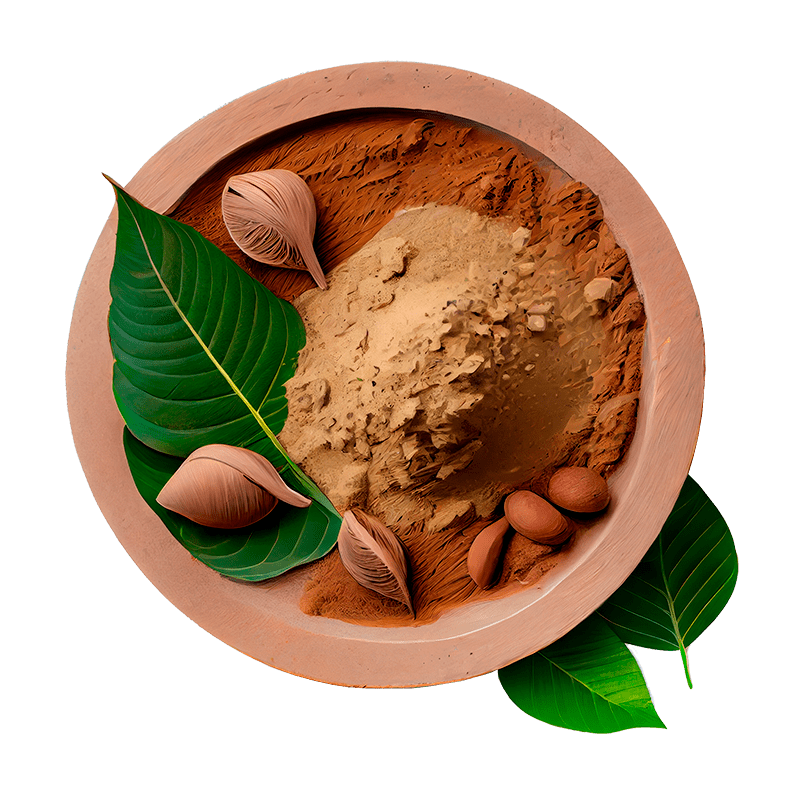
what is it?
Kava
Kava, also known by its scientific name Piper Methysticum, is a plant native to the South Pacific islands, particularly in Fiji, Vanuatu, and Samoa. The root of the kava plant is traditionally used to make a beverage with sedative and anesthetic properties that has been consumed in social, cultural, and ceremonial contexts in the South Pacific for centuries.
The active compounds in kava are called kavalactones, which are responsible for the plant’s relaxing and calming effects. Kava is often consumed to promote relaxation, reduce anxiety, and improve sleep quality. It has also been used for its potential therapeutic benefits in the treatment of conditions such as anxiety, depression, and chronic pain.
Kratom
Kratom, also known by its scientific name Mitragyna speciosa, is a tropical evergreen tree native to Southeast Asia, particularly in Thailand, Indonesia, Malaysia, and Papua New Guinea. The leaves of the kratom tree contain a variety of active compounds, including mitragynine and 7-hydroxymitragynine, which have opioid-like effects.
Kratom has been traditionally used in Southeast Asia as a stimulant, to relieve pain, and to improve mood and cognitive function. It has also been used to manage opioid withdrawal symptoms. Kratom is typically consumed by chewing the fresh or dried leaves, brewing them into a tea, or ingesting kratom powder
what are the differences?
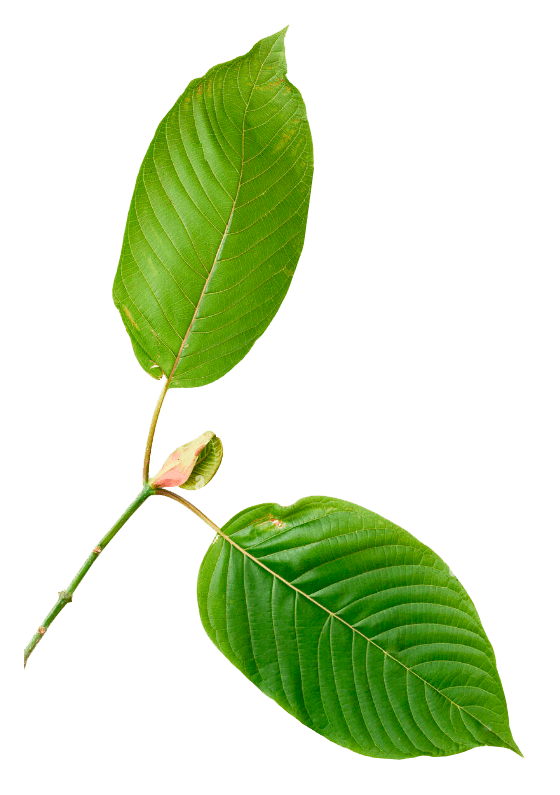
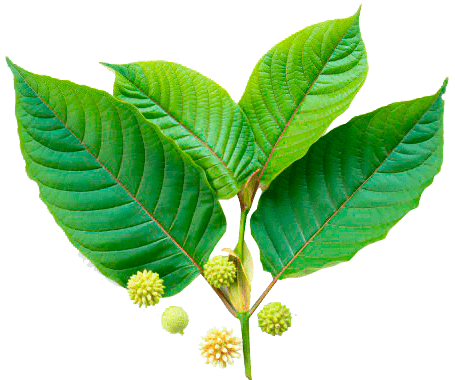
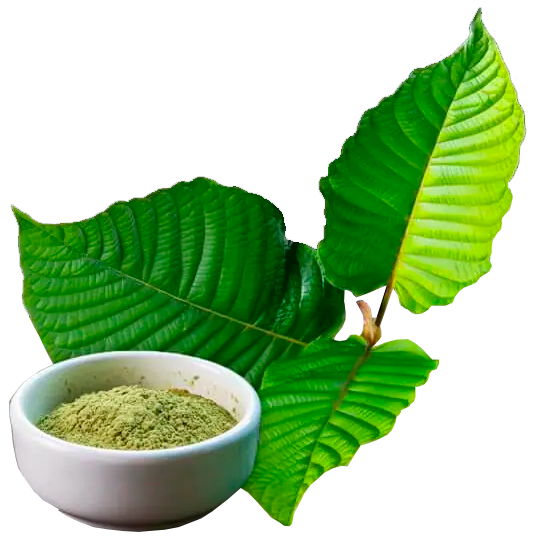
Kava

Kava is a perennial shrub in the pepper family that is cultivated in the Pacific Islands.

Kava’s bioactive compounds are called kavalactones.

Kava acts on the pathways in the body that bring mental and physical relaxation.

Kava is legal around the United States.
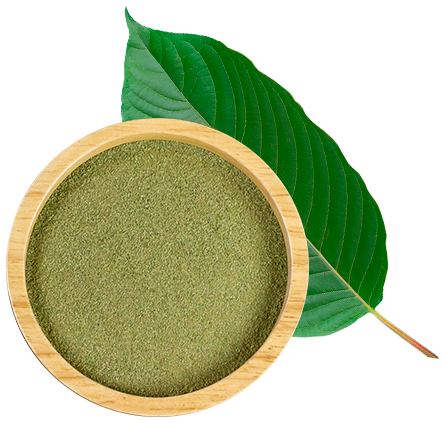
Kratom

Kratom is an evergreen tree in the coffee family that grows naturally and in cultivation in Southeast Asia.

Kratom’s bioactive compounds are called alkaloids.

Kratom acts on the pathways monitoring pain and depression. Kratom is currently being researched for its potential as a solution for day-to-day discomfort and a mood-booster.

Kratom has a varying legal status around the United States.
How is Works?
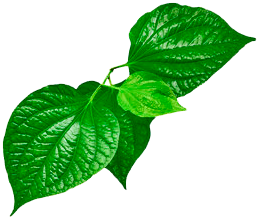

Kava
Kava acts as a central nervous system depressant. It impacts GABA receptors and stimulates dopamine in the brain. Effects include a sense of calm, uplifted mood, and talkativeness.
Kratom
Kratom interacts with opioid receptors in the brain creating a sedative and stimulant effect. At lower doses, kratom acts as a stimulant. At higher doses, it acts as a sedative.
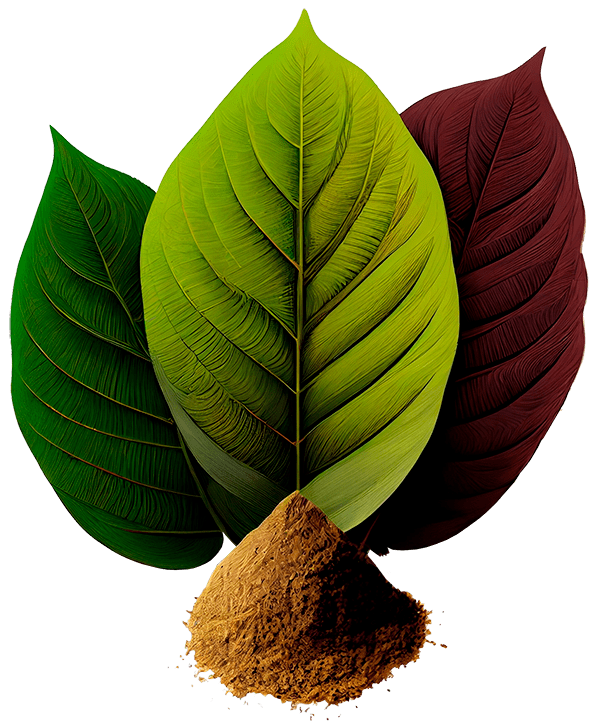
Usages
Kratom

Increased energy

Muscle pain

improved mental focus

Treatment for wounds
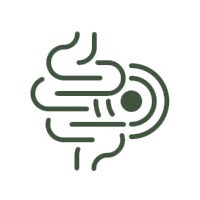
Anti-inflammatory
Kava

Improved mood

Relaxation

Calm

Treatment for anxiety

Combats Insomnia

- +1-904-595-5786
- +1-904-595-5786



